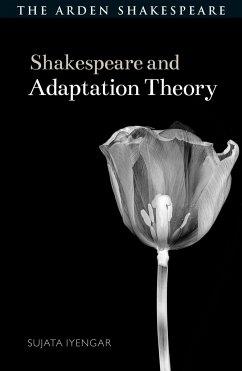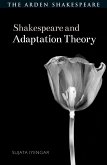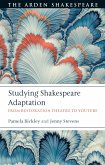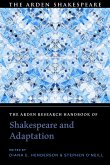Shakespeare and Adaptation Theory reconsiders, after 20 years of intense critical and creative activity, the theory and practice of adapting Shakespeare to different genres and media. Organized around clusters of key metaphors, the book explicates the principal theories informing the field of Shakespearean adaptation and surveys the growing field of case studies by Shakespeare scholars. Each chapter also looks anew at a specific Shakespeare play from the perspective of a prevailing set of theories and metaphors. Having identified the key critics responsible for developing these metaphors and for framing the discussion in this way, Iyengar moves on to analyze afresh the implications of these critical frames for adaptation studies as a whole and for particular Shakespeare plays. Focusing each chapter around a different play, the book contrasts comic, tragic, and tragicomic modes in Shakespeare's oeuvre and within the major genres of adaptation (e.g., film, stage-production, novel and digital media). Each chapter seasons its theoretical discussions with a lively sprinkling of allusions to Shakespeare - ranging from TikTok to tissue-boxes, from folios and fine arts to fan work. To conclude each chapter, the author provides a case-study of three or four significant and interesting adaptations from different genres or media. A glossary of terms compiled by Philip Gilreath and the author completes the book.
Hinweis: Dieser Artikel kann nur an eine deutsche Lieferadresse ausgeliefert werden.
Hinweis: Dieser Artikel kann nur an eine deutsche Lieferadresse ausgeliefert werden.








